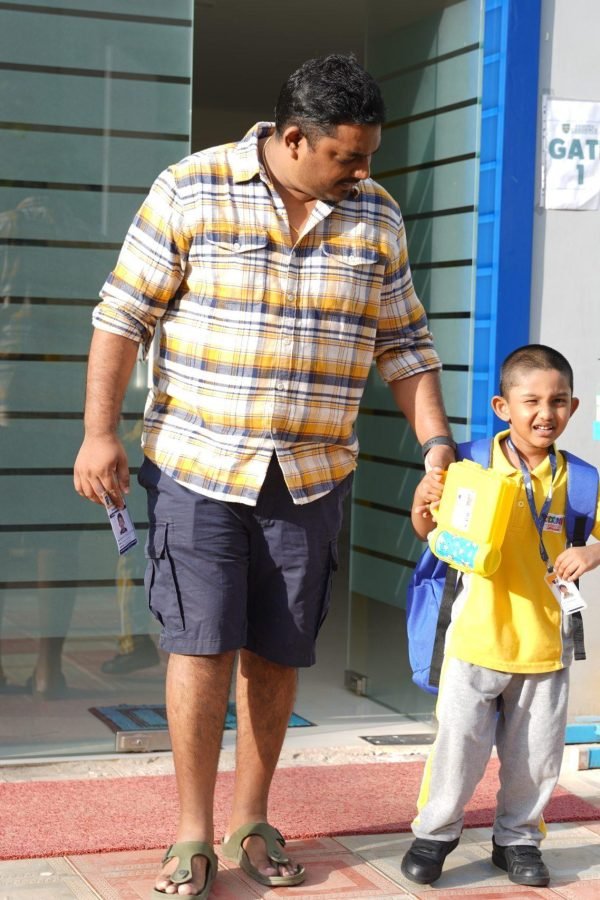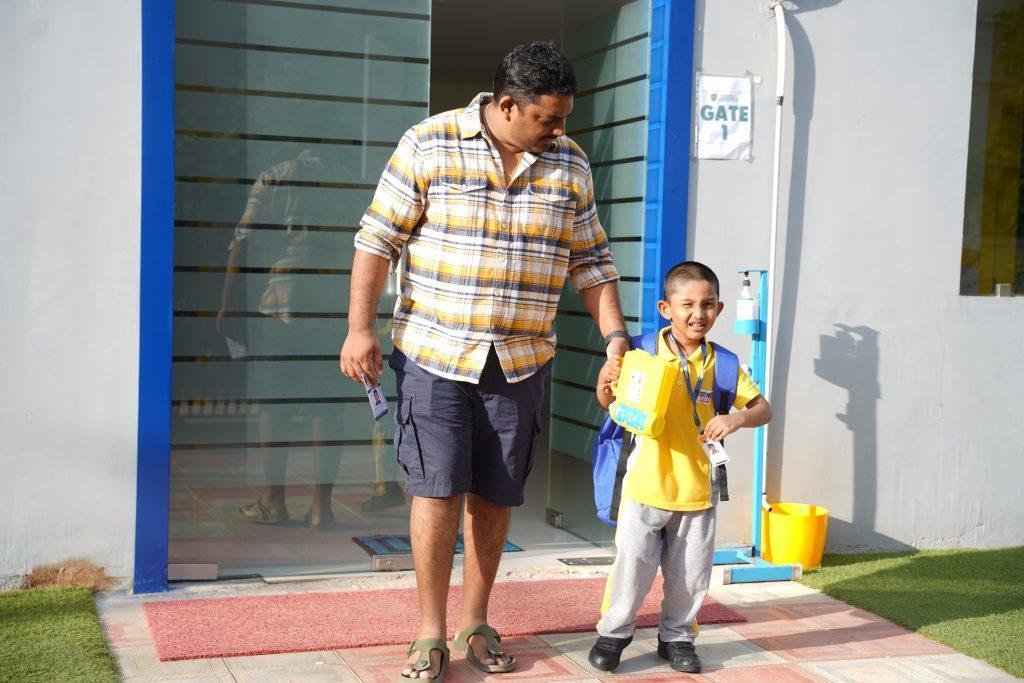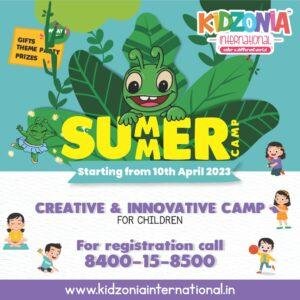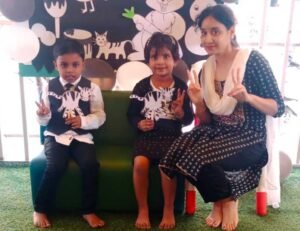Being a parent today is different from what it was a decade ago. With advancements in technology and changing social dynamics, the definition of modern parenting has evolved. Here are ten signs that make you a modern parent.
Tech-savvy: You are comfortable using technology to aid your parenting journey. From using smart baby monitors to scheduling playdates through video calls, you know how to make technology work for you.
Embraces diversity: You celebrate diversity and inclusivity, and you’re actively working to expose your children to different cultures and ways of life.
Prioritizes mental health: You understand the importance of mental health and make it a priority for both yourself and your children. You encourage open communication and seek support when needed.

Adapts to new challenges: With the world constantly changing, you’re always willing to adapt and adjust your parenting style to fit the current circumstances.
Encourages independence: You understand the importance of allowing your children to develop a sense of independence, and you provide opportunities for them to explore and grow on their own.

Flexible schedule: You’re comfortable with a flexible schedule, balancing work and family commitments as needed. You prioritize quality time with your children and are always there for them when they need you.
Focuses on experiences: You believe that experiences are more valuable than material possessions, and you make an effort to create meaningful experiences for your family.
Open-minded: You are open-minded, non-judgmental and willing to listen to different perspectives and opinions. You will definetely encourage your children to do the same.
Hands-on: You’re not afraid to get your hands dirty and roll up your sleeves, whether it’s to tackle a messy craft project or to help with homework.
Prioritizes self-care: You understand that taking care of yourself is crucial for being an effective parent, and you make an effort to prioritize self-care and maintain a healthy work-life balance.
Being a modern parent involves a combination of traditional parenting values and a willingness to embrace new ideas and technology. It’s about finding a balance that works for you and your family and being open to new experiences.
Frequently Asked Questions
What is considered a modern parent?
A modern parent is typically considered to be one who values active involvement in their child’s life, seeks out information and resources to support their parenting decisions, and prioritizes the physical and emotional well-being of their child. Modern parents often utilize technology and social media to connect with other parents and access information, and may adopt a more flexible and collaborative parenting style. Overall, a modern parent is one who strives to balance their own needs with those of their child, and adapts their parenting approach to fit the needs of their individual family.
How do I become a modern parent?
To become a modern parent, consider the following steps:
– Utilize online and offline resources to learn about parenting, child development, and child-rearing techniques that align with your values and goals.
– Utilize social media and other online platforms to connect with other parents, stay informed, and share experiences and advice.
– Prioritize well-being: Make time for self-care and prioritize the physical and emotional well-being of your child.
– Adopt a flexible and collaborative approach: Be open to new ideas and approaches to parenting, and work collaboratively with your partner, co-parent, or support system to find solutions that work for your family.
– Actively participate in your child’s life, both at home and in their activities and education.
By taking these steps, you can become a modern parent who is informed, connected, and able to adapt to the changing needs of your family.
What are modern parenting styles?
Modern parenting styles emphasize active involvement, flexibility, and collaboration. Examples include authoritative, attachment, positive, helicopter, and free-range parenting. These styles reflect an emphasis on mutual respect, nurturing, and individuality, and often incorporate elements of multiple approaches.






